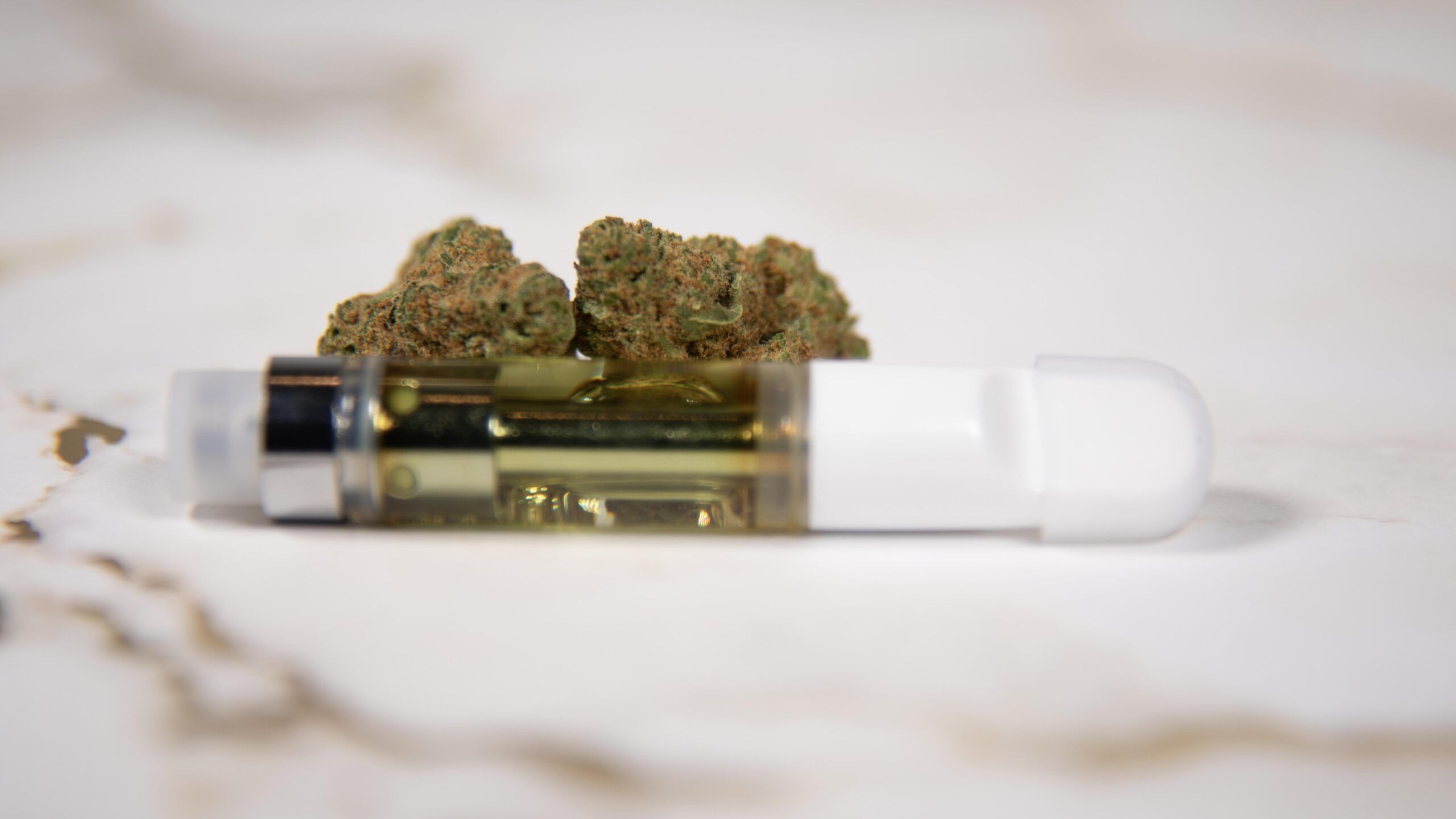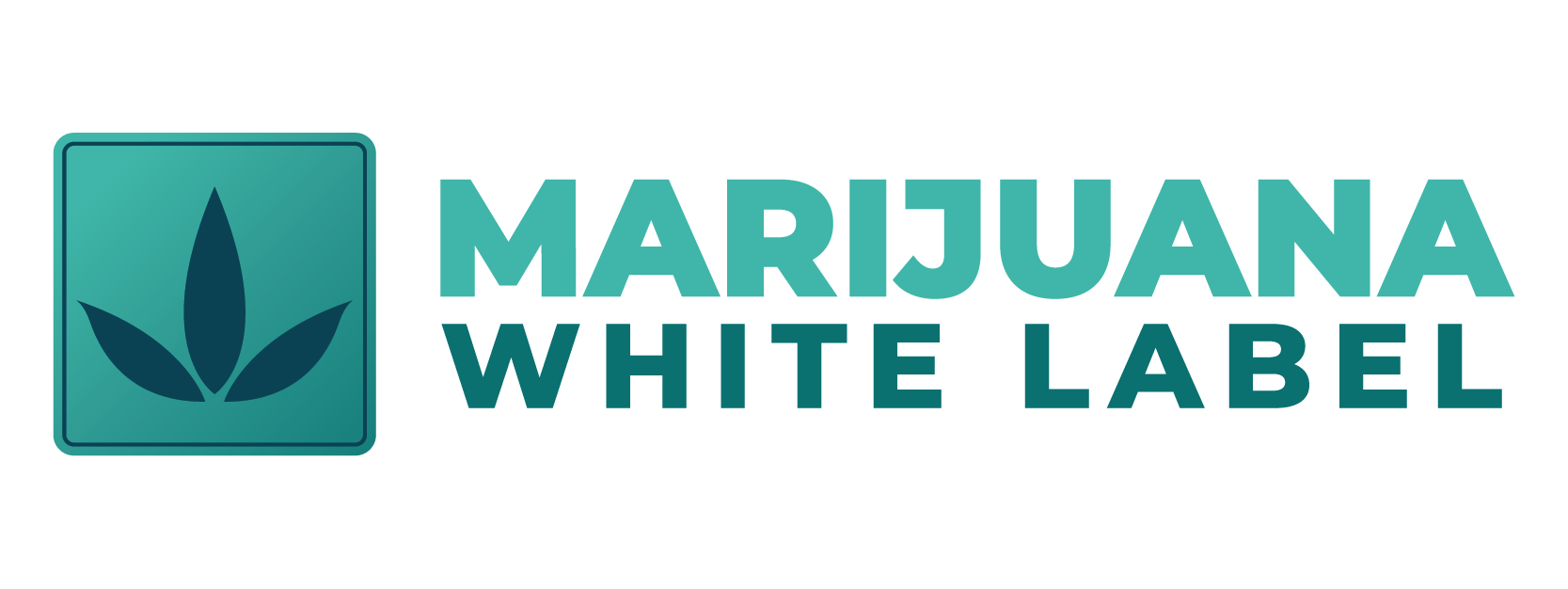-
Terpenes, Cannabinoids, and the Truth About Private-Label Potency
As a rule, the chemistry, not the logo, determines what’s in the jar. When white-label […]
-
Same Factory, Different Labels: How White Label and Private Label Actually Differ
In consumer products broadly and cannabis specifically, “white label” and “private label” describe two ways […]
-
Understanding “White Label” in the Cannabis Industry
The term “White Label” refers to a business model where one company produces products or […]

